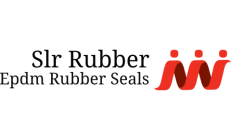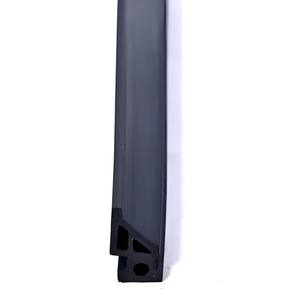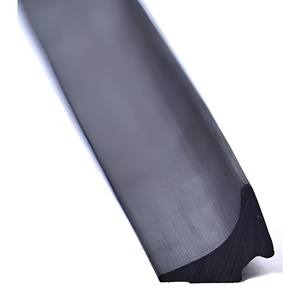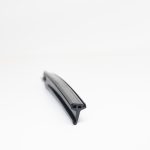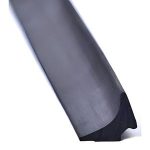PVC pipe seals, also known as PVC pipe gaskets or PVC pipe joints, are specialized components used to create leak-proof and secure connections in PVC (Polyvinyl Chloride) pipe systems. These seals are crucial in various applications where PVC pipes are used for fluid conveyance, such as plumbing, irrigation, drainage, and wastewater systems. PVC pipe seals play a vital role in ensuring the integrity of the piping system by preventing leaks and maintaining a reliable flow of fluids. Here is more information about PVC pipe seals:
Composition and Characteristics:
PVC pipe seals are typically made from elastomeric materials, such as rubber or synthetic rubber compounds. These materials are selected for their flexibility, durability, and resistance to the types of fluids or gases being transported through the PVC pipes. Key characteristics of PVC pipe seals include:
- Elasticity: PVC pipe seals are designed to be highly elastic, allowing them to accommodate variations in pipe size and shape while maintaining a secure and watertight seal.
- Chemical Resistance: Depending on the intended application, PVC pipe seals can be formulated to resist chemicals, acids, and other substances commonly found in specific industries or environments.
- Temperature Resistance: PVC pipe seals are engineered to withstand a range of temperatures, ensuring their performance in both hot and cold fluid systems.
- UV and Weather Resistance: For outdoor or exposed applications, PVC pipe seals are often designed to resist UV radiation and weathering, maintaining their sealing properties over time.
- Durability: These seals are built to withstand the rigors of typical installation and operation, including pressure fluctuations and mechanical stress.
Applications:
PVC pipe seals are employed in various applications across different industries, including:
- Plumbing: In residential and commercial plumbing systems, PVC pipe seals ensure watertight connections for water supply lines, drains, and sewage pipes.
- Irrigation: PVC pipe seals are used in agricultural and landscaping irrigation systems to prevent leaks in PVC pipes that deliver water to crops and lawns.
- Wastewater and Drainage: In wastewater treatment plants and drainage systems, PVC pipe seals are essential to prevent leaks and contamination.
- Industrial Piping: Industries such as chemical processing, manufacturing, and utilities rely on PVC pipe seals to maintain leak-free connections for various fluids and gases.
- Construction: PVC pipe seals are used in construction projects for tasks like sealing sewer and stormwater systems.
Advantages:
The use of PVC pipe seals offers several advantages:
- Leak Prevention: PVC pipe seals create secure and watertight connections, minimizing the risk of leaks and ensuring the integrity of the piping system.
- Versatility: These seals can be adapted to different PVC pipe sizes and configurations, making them versatile for various applications.
- Ease of Installation: PVC pipe seals are relatively easy to install and require minimal maintenance.
- Cost-Effective: They provide cost-effective solutions for sealing PVC pipes without the need for complex installation procedures.
Maintenance:
Regular inspection and maintenance of PVC pipe seals are essential to ensure their continued effectiveness. This includes checking for signs of wear, damage, or deterioration and replacing seals as needed. Proper installation and correct torque settings are crucial to maintain a reliable seal.
In summary, PVC pipe seals are critical components in PVC pipe systems, ensuring leak-proof connections and the efficient transport of fluids in various applications. Proper selection, installation, and maintenance of PVC pipe seals are vital for the long-term performance and reliability of piping systems.



